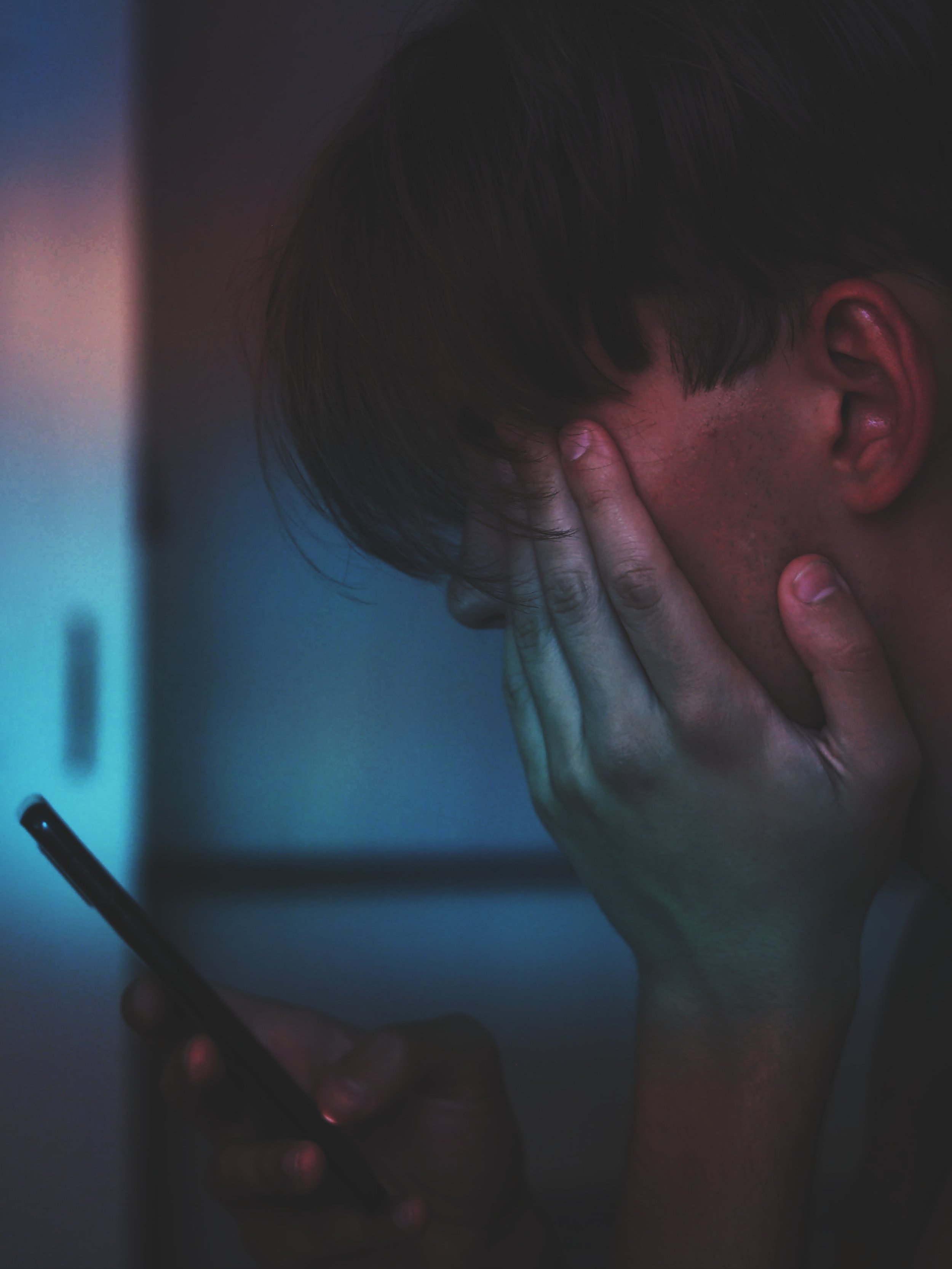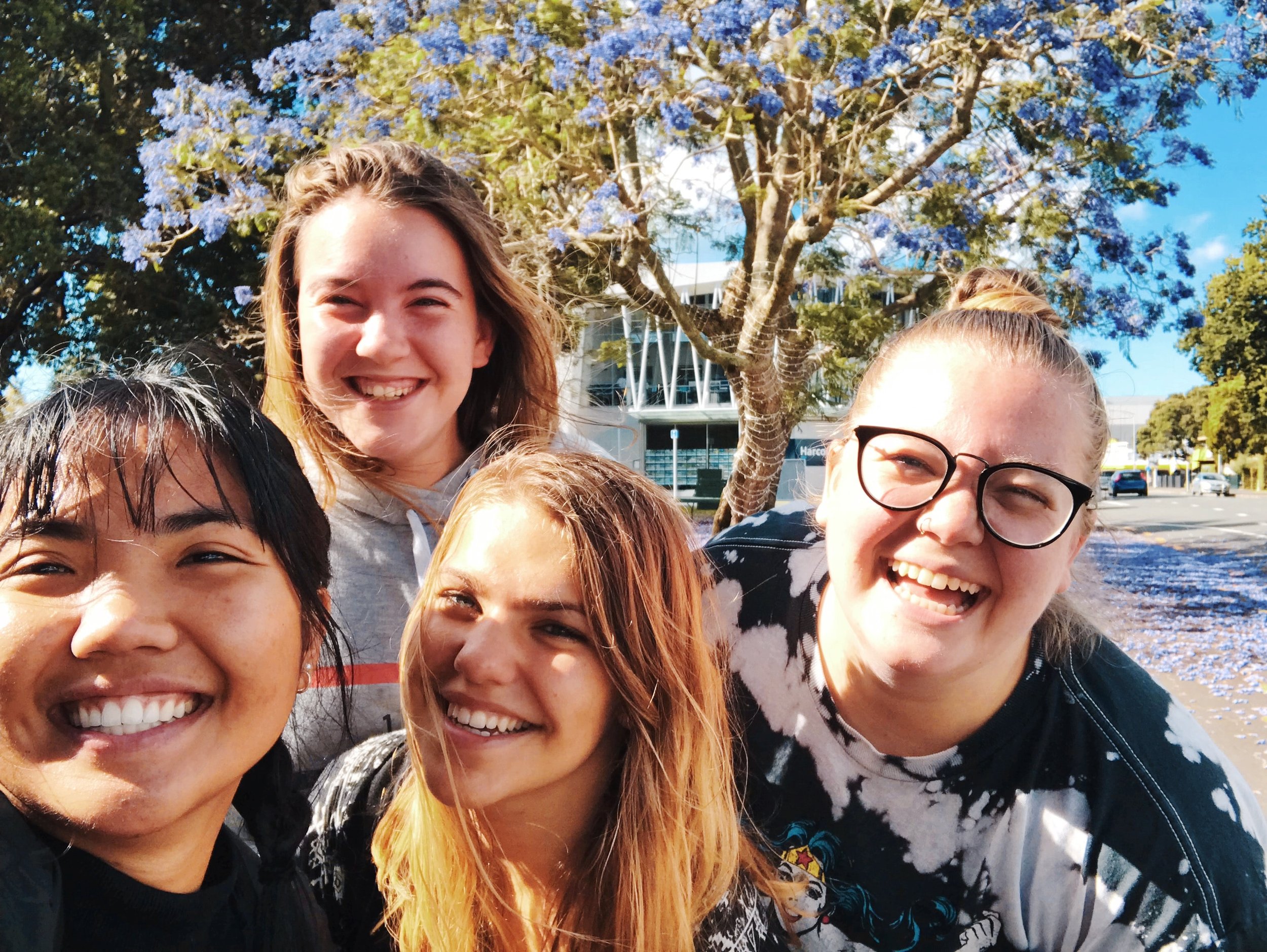I was recently asked by Parents to share my thoughts on Lucky Girl Syndrome. Here’s why this trend reinforces harmful behaviors, and what skills we can practice for a better outcome.
What is Lucky Girl Syndrome?
For those unfamiliar, Lucky Girl Syndrome is a the flavor-of-the-week TikTok trend, repackaging the old “manifest your dreams” idea for Gen Z.
Lucky Girl Syndrome and manifesting share the idea that your thoughts create reality. If you just meditate (or self-hypnotize or vision board or…) hard enough, you can create the reality you want.
“You create your own reality” is appealing, especially when so much feels out of control:
"Magical thinking has always been popular," says Kimberly Vered Shashoua, LCSW, a therapist for teens and their families.
"It makes us feel like we're in control of our lives. Gen Z is constantly exposed to bad news, from layoffs to political conflicts to the student loan crisis. It makes sense that they'd be drawn to something that would make them feel a greater sense of agency and control."
Why am I so hard on Lucky Girl Syndrome?
I was not kind to Lucky Girl Syndrome:
One mental health provider calls it "self-improvement's version of a get-rich-quick-scheme," though she understands why it's trending.
Manifesting has one flaw: it doesn’t work.
I know this is a controversial statement for some people. I’m not talking about manifesting as “setting yourself up with the right mindset” or “getting prepared for the day with a helpful attitude.”
I’m talking about the idea that everything that happens to you, good and bad, is in your control. This is just not true.
While we can control some things, if we believe we can control everything, this puts us at risk of spiraling into self-blame when things inevitably don’t go our way:
"People [might] feel like they weren't affirming themselves enough, or even that their negative thoughts caused bad luck," Shashoua says. "[They may think] 'If I assume my good luck is caused by my thoughts, what causes my bad luck? Obviously, also my thoughts.'"
“ If I assume my good luck is caused by my thoughts, what causes my bad luck? Obviously, also my thoughts.”
As someone with a chronic illness (who supports people with chronic illnesses), I find these ideas offensive and harmful.
Manifesting didn’t help improve my migraines. Medicine, rest, nutrition, pacing, and social support were all different components of improving my health.
Finding what made me healthier could only start when I admitted I was sick.
If I had tried to “manifest” my way out of a neurological condition, I would have wasted time. I wouldn’t have found things that worked; but even worse, I would have felt immense shame over something I couldn’t control.
What does work? Being honest and realistic.
There are two components to dealing with difficult situations: managing your distress and finding effective solutions.
I spoke about how I use DBT with teenagers to help manage the stresses and challenges that come from being a young person. I use DBT skills my therapy for teenagers who neurodivergent, therapy for transgender teens, and therapy for transgender young adults as well.
"Dialectical behavior therapy [is a] type of therapy that combines mindfulness, self-reflection, and taking action," Shashoua says. "It helps people deal with stress and pick actions that bring them closer to their goals."
Shashoua says parents of neurodivergent teens have seen it help patients manage stress and anxiety."Many of the neurodivergent teens I work with face unique sources of distress, such as sensory overload and restlessness," Shashoua says. "DBT helps us check in with our body, calm our nervous system, and identify ways to minimize our stress."
“Finding what made me healthier could only start when I admitted I was sick.”
Whether you’re dealing with college applications, a chronic illness, or work stress, it’s important to find solutions based in reality - ones that will actually work for you:
Ultimately, it's about finding an approach that works for you—one that's authentic. "We need to find approaches grounded in realism, not pessimism or forced optimism," Shashoua says.
"[Try] an affirmation like, 'I can get through today," 'I am learning to accept myself,' or 'All I can control is how hard I try, and today I'm going to try my best.'"
If you’re struggling, you’re not alone.
“Lucky Girl Syndrome” takes something normal - wanting things to be better - and puts the entire burden on you.
If you’re struggling and need help finding what to do, you’re not alone. Whether it’s from friends, family, or professional therapists, there are people who want to help.
If you’d like to get started, sign up for a free 15-minute consultation (parents or adults) or send us an inquiry/join the waitlist.
<3 Vered
Want more support? Vered Counseling offers therapy for teens in Texas and North Carolina.
Vered Counseling offers online counseling. Read about counseling for teen girls and learn about the first counseling session with your teenager.
Vered Counseling also provides counseling for transgender and gender nonconforming folks. Read more about our therapy for transgender teens or counseling for transgender adults. We also provide support for parents of transgender adults and teens.
Check out the Vered Counseling blog for more helpful tips, like the 4 best ways to overcome procrastination and how to get chores done without a fight.
Ready to go? Contact us to get started!









